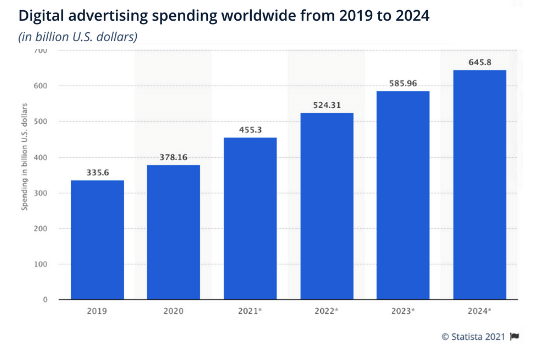
More than half of all consumers in both countries prefer to shop for sustainable brands — 59% in the U.S. and 57% in the U.K. — but their reasons differ.
Recent research reveals that consumers and merchants often differ on the perceived importance of sustainability when making a purchase.
Research Results
Among the findings:
Sustainability means different things to people depending on age, gender, locale, and whether they are consumers or merchants.
- Consumers are willing to pay more for sustainable brands and products than retailers assume. Over two-thirds of consumer respondents said they are willing to pay at least 10% more while two-thirds of retailers stated that shoppers would pay no more.
- Almost three-quarters of consumers said that sustainability is a very or somewhat important purchase consideration, while only half of the retailers stated that sustainability is consequential to consumers.
- Retailers assume consumers value brand names more than product sustainability, but the opposite is true. American shoppers consider product sustainability more important than a brand name, according to the survey.
- More consumers shop for sustainable brands out of concern for the environment than retail executives think. To them, consumers buy sustainable goods to show their commitment to others However, consumers say they want to reduce their carbon footprint and production waste.
- While most consumers feel that retailers are sufficiently transparent on sustainability, most retailers believe that consumers do not think they (the retailers) are transparent enough. Environmental groups’ criticism of greenwashing (unverifiable claims of sustainability) is likely responsible for the retailers’ reaction.
- As for recommerce, retailers believe price motivates consumers to shop for secondhand goods. The research revealed that consumers are inspired to shop resale sites out of concern for the environment.
U.K. Findings
More profound differences arise when examining generational information. Gen Z (ages 10 to 25, roughly) and Millennials (20s and 30s) in the U.K. are avid users of these marketplaces, much more than their U.S. counterparts. Fifty-six percent of Gen Z respondents in the U.K. sell or buy on secondhand marketplaces versus 34% in the U.S. An even higher 73% of U.K. Millennials use them, versus 52% of U.S. Millennials.
British consumers are more skeptical of merchant sustainability claims. Only 49% of consumers in the U.K. believe that retailers and brands are sufficiently transparent about their sustainability efforts compared to 59% in the U.S.
A 2022 study of 8,000 consumers in the U.S., Canada, and nine European countries conducted by Sapio Research on behalf of logistics software provider Descartes Systems Group found considerable ambivalence about green delivery.
Thirty percent of respondents in the U.K. shop for sustainable brands to improve the environment, nearly even with the U.S. at 29%. However, 30% in the U.K. shop for sustainable brands to reduce their carbon footprint versus 22% in the U.S. More consumers in the U.K. expect retailers to increase their sustainability — 82% — compared to the U.S. at 76%.
First Insight performed a similar study to the U.S. research with 1,100 U.K. consumers. Researchers typically consider American and British consumers similarly. However, sustainability does not rank as high as a purchase consideration in the U.K. as in the U.S. While 72% of American respondents rated sustainability as necessary, only 65% of U.K. consumers said it plays a significant role in purchase decisions.
Recommerce
In 2021, First Insight, a provider of analytics tools for retailers, and the Baker Retailing Center at the Wharton School of the University of Pennsylvania surveyed more than 1,000 U.S. consumers and 51 senior retail executives. The results showed that most consumer respondents across every generation expect retailers and brands to become more sustainable.
More U.K. consumers sell products to secondhand markets such as Thredup and Poshmark than U.S. consumers. Fifty-seven percent of U.K. survey respondents said they sell items to secondhand markets. Only 39% of U.S. respondents do so. However, overall, Americans are more likely to buy and sell on secondhand marketplaces.
Sustainable Delivery
Groceries and apparel were the categories where shoppers had the greatest concerns about environmental friendliness. Consequently, respondents cited grocery (52%) and apparel (45%) as the top product categories for store pickup, as opposed to home delivery, if they thought it would help the environment.
Exactly 68% of both American and British consumers said they would pay at least 10% more for sustainable products.
Forty percent of consumers said convenience is more important than sustainable delivery options, with shoppers over age 50 being the least favorable to green delivery. Only 20% said they would pay more for a delivery from an environmentally friendly company, with 27% of Gen Z and Millennial consumers more likely to pay a premium than those over age 55 (14%). Yet 54% of those respondents would accept longer lead times when dealing with a company that placed higher importance on sustainable delivery.





![Facebook Releases Update on iOS 14 Guidelines [2021 Update]](https://research-institute.org/wp-content/uploads/2021/10/facebook-releases-update-on-ios-14-guidelines-2021-update-768x512.jpg)
